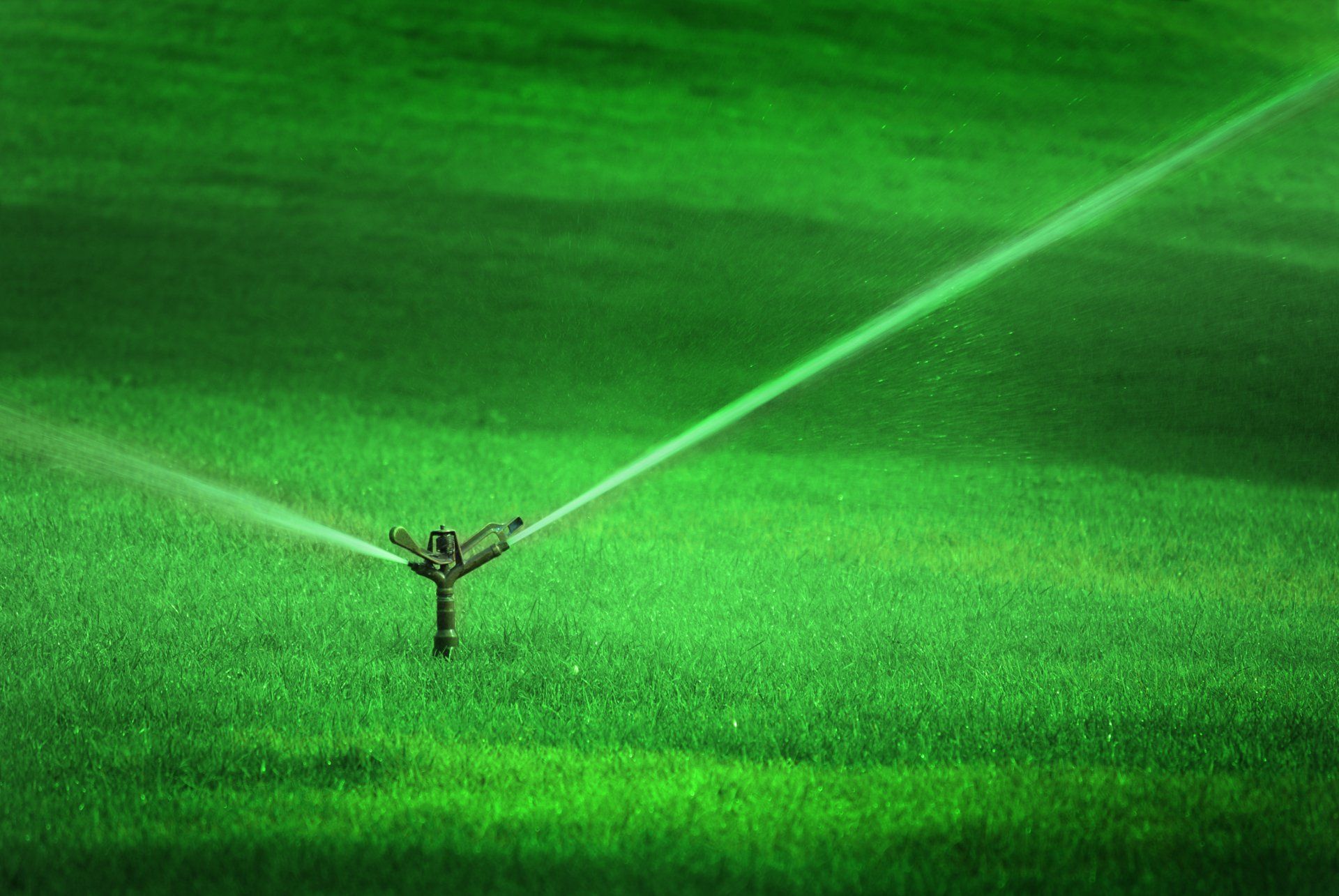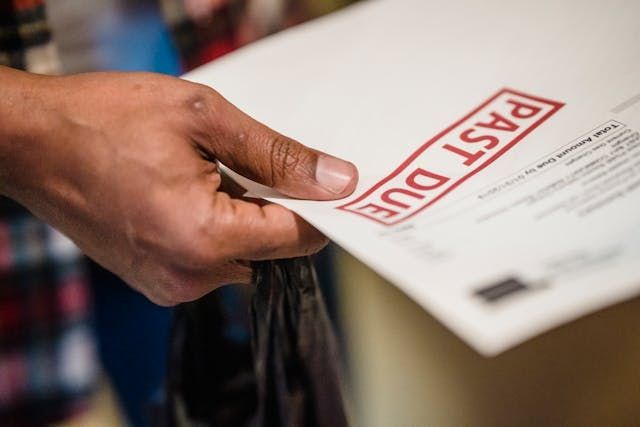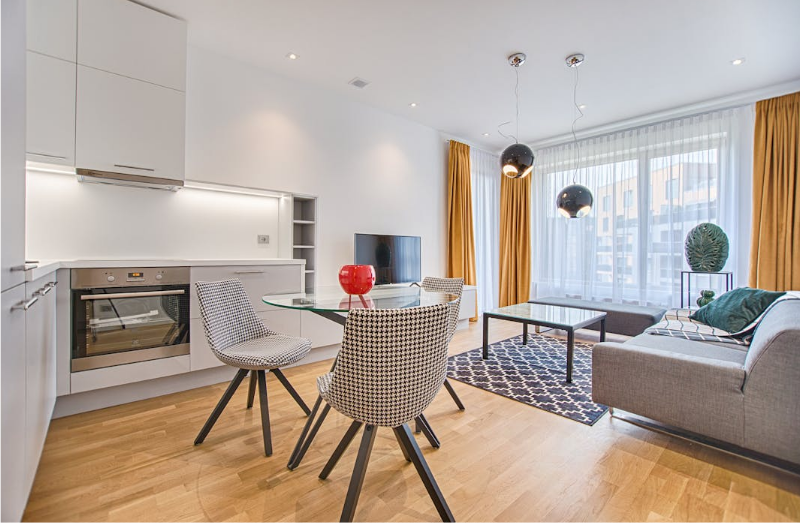Sprinkler Systems - 10/12/2021
October 13, 2021

Many residential properties we manage have in-ground sprinkler systems. Although it is the renter’s duty to maintain the yard, shrubs, and keep the grass and plants watered, the responsibility to maintain and service a sprinkler system falls upon the property owner unless a service call or repair is the result of a tenant’s misuse, abuse, or neglect. An annual inspection of the system is recommended to ensure that it is operating properly and to check for any buried or broken heads, leaks, adjust heads as necessary and zone run times. If you are interested in having your property’s irrigation system checked and serviced, please contact our maintenance department at repairs@HunterRentals.com.
Presently, the cities of Killeen and Copperas Cove are the only municipalities in our area that require owners of irrigation and water purification systems to have a licensed specialist perform an annual backflow test of these items. Copperas Cove requires the test every few years whereas Killeen requires the test annually. The cities send out notifications of the required test and issue a suspense date for completion. If you receive a backflow test notification in the mail, please notify us by email and we’ll schedule the service with a licensed technician. The backflow test is not a check of the entire system, only the back flow valve.
David Gerke,
Broker
“Politeness and consideration for others is like investing pennies and getting back dollars.” -Thomas Sowell







